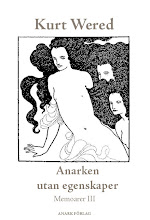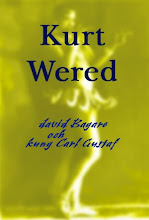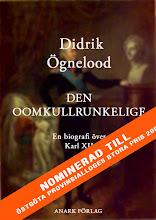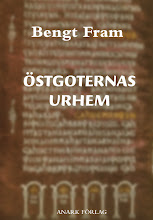
In the most comprehensive examination to date of Heidegger’s humor, Claes Schildt draws on previously unavailable materials to paint a hilarious picture of the influence plain and hilarious silliness had on the philosopher’s thought and politics.
In this provocative book, Schildt uses excerpts from unpublished seminars to show that Heidegger’s philosophical writings are fatally compromised by frivolity. In other documents, Schildt finds expressions of bad form and a surprising taste for simple puns.
Schildt disputes the view of Heidegger as a naïve, temporarily disoriented academician and instead shows him to have been a self-appointed joker or trickster for his students whose intentionality was clear. Contrary to what some have written, Heidegger’s sense of humor became even more radical after 1935, as Schildt demonstrates. He revisits Heidegger’s masterwork, Being and Time, and concludes that in it Heidegger does not present a philosophy of individual existence but rather a doctrine of radical self-sacrifice, where individualization is allowed only for the purpose of sensless joking.
Schildt's book was highly controversial when originally published in Finland in 2005. Now available in Michael B. Smith’s fluid English translation, it is bound to awaken controversy in the English-speaking world.
Claes Schildt is associate professor at Åbo Akademi and an authority on 20th Century continental philosophy. He lives in Sweden. Michael B. Smith is professor emeritus of Scandinavian languages and philosophy at Berry College and the translator of numerous philosophical works into English. He lives in Riverdale, NY.









.jpg)










.jpg)































.jpg)














































Inga kommentarer:
Skicka en kommentar